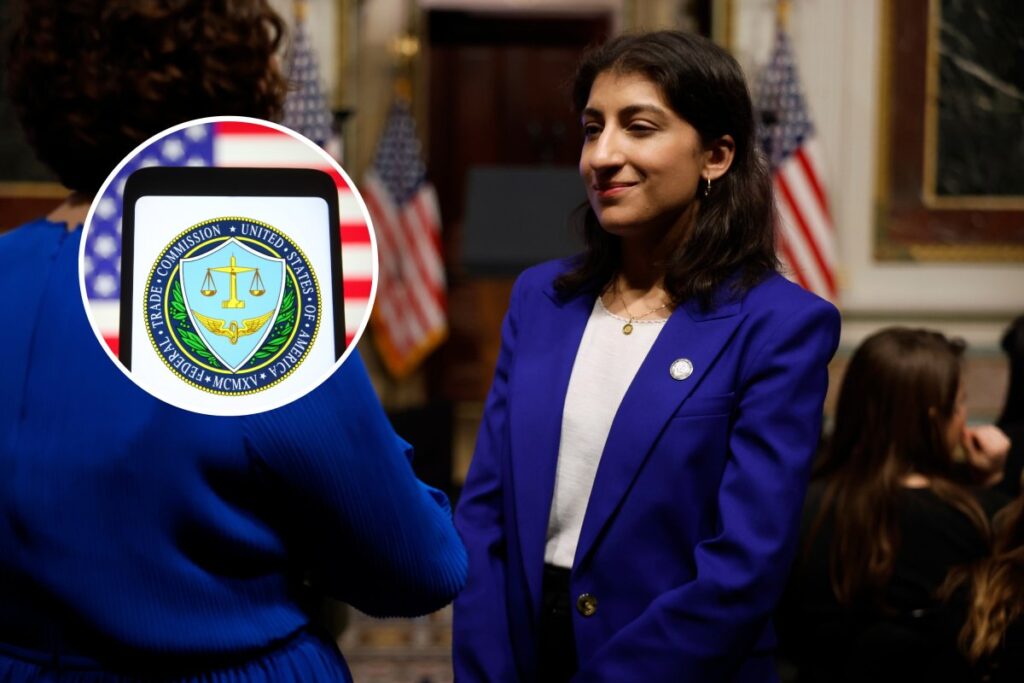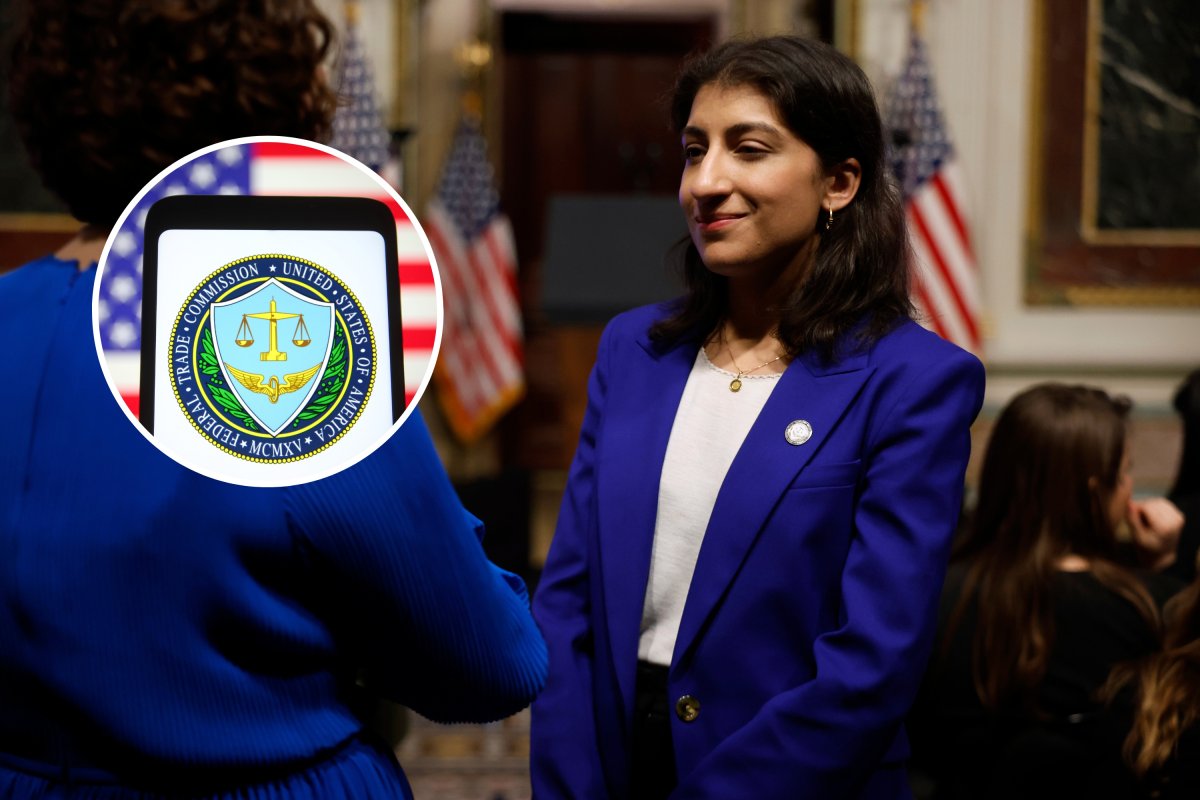“FTC noncompete ban, job mobility, wage growth, labor market freedom, employment contracts, U.S. workforce rights, economic impact of noncompete ban, FTC ruling 2024, employment law changes, worker empowerment”
“Discover the implications of the FTC’s recent decision to ban noncompete agreements for most U.S. workers. Understand how this landmark ruling aims to enhance job mobility, increase wages, and promote entrepreneurship. Learn about the economic impact and the legal challenges this new rule might face.”

FTC Bans Noncompete Agreements Introduction
The Federal Trade Commission (FTC) recently made a landmark decision that has significant implications for labor mobility across the United States. By banning noncompete agreements for most workers, the FTC aims to empower approximately 30 million American employees who have been constrained by such contracts. These agreements have traditionally restricted employees’ ability to switch jobs within their industry, thereby stifling wage growth, entrepreneurship, and overall market dynamism.
Overview of the FTC’s Ban on Noncompete Agreements
On a consequential Tuesday, the FTC voted 3-2 to abolish noncompete clauses in employment contracts. This ruling was backed by compelling evidence suggesting that these agreements not only suppress wages but also hinder entrepreneurial endeavors and disrupt labor market fluidity. As a result, it will soon be illegal for employers to include noncompete clauses in employment contracts, and those currently in existence must be declared void.
FTC Chair Lina M. Khan articulated the purpose behind this groundbreaking rule, stating that it is designed to ensure that Americans can freely pursue new job opportunities, start businesses, or introduce innovative ideas to the market. This decision aligns with President Biden’s 2021 executive order to promote competition in the American economy.
Economic and Social Implications
The prohibition of noncompete agreements is expected to have a profound economic impact. The FTC estimates that the removal of these restrictions could potentially boost wages by nearly $300 billion annually. This increase in earnings would be driven by enhanced competition for labor and the elimination of barriers that prevent workers from seeking better-paying opportunities.
Moreover, the ban could democratize innovation within various industries by allowing individuals to start their ventures without the fear of legal repercussions from previous employers. This is particularly significant in fields such as technology, medicine, and even creative sectors like dance instruction, where noncompete agreements have been prevalently used.
Legal Challenges and Opposition
Despite the apparent benefits, the new rule has not been met without resistance. Prominent business groups, including the U.S. Chamber of Commerce, have expressed their intentions to challenge the FTC’s authority in court. They argue that this rule represents an overreach of power and could harm the competitive edge of American businesses by making it difficult to protect trade secrets and other confidential information.
Legal experts anticipate that the rule will face significant legal battles, potentially reaching the Supreme Court. Critics, including the two dissenting FTC commissioners, argue that the FTC lacks the jurisdiction to invalidate millions of existing contracts, suggesting that such a sweeping change should come from Congress rather than an administrative agency.
Historical and Comparative Context
It is worth noting that noncompete agreements are already prohibited in several states, including California, North Dakota, and Oklahoma, with various other states imposing restrictions based on wage thresholds. However, the FTC’s nationwide ban represents a unified approach, potentially simplifying the legal landscape and ensuring more uniform enforcement across state lines.
Personal Stories and Broader Impact
Individual stories, like that of Dave Wagner, a dental equipment technician in Washington state, highlight the personal impact of the FTC’s decision. Wagner shared his relief and happiness upon learning about the ban, comparing his previous situation under a noncompete agreement to being imprisoned. Such testimonials underscore the rule’s potential to liberate countless workers from restrictive contracts that limit their professional mobility and personal growth.
Conclusion
The FTC’s decision to ban noncompete agreements marks a significant shift in labor policy, aimed at enhancing economic efficiency and worker freedom. While the rule faces impending legal challenges, its potential to increase wages, foster entrepreneurship, and liberate the workforce from restrictive practices holds promise for a more dynamic and equitable labor market. As this legal and economic drama unfolds, the ultimate impact of the FTC’s rule will become clearer, potentially setting a new precedent for labor relations in the United States.
Read More-
